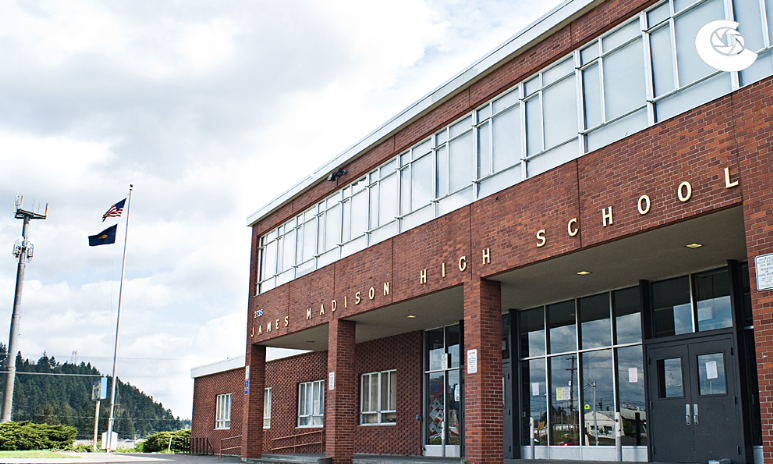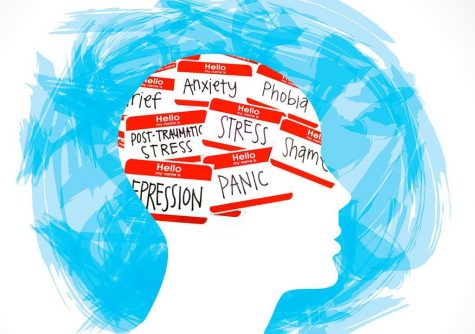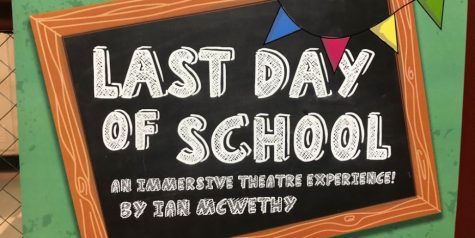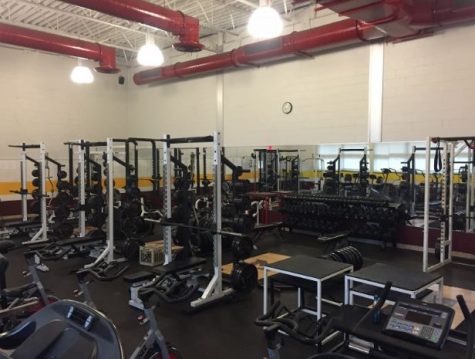Portland’s Unfortunate Dropout Rate – as requested by Ian Hoyt
“Portland – where young people come to retire”
Despite the casual caricature created by shows like Portlandia, a dire issue faces Oregon’s largest city. Portland’s high school graduation rate is 75% – the same as the state’s average, which is the 3rd lowest in the country. One school district only graduates 53% of its students annually. Obviously, Portland – home of Madison High School – has to get its act together, but how? And why is the number of students receiving diplomas so low in the first place?
The first major disadvantage that high school students in Portland have is the lack of funding to public schools. There is much stated prioritization of public school quality, but Portlandians aren’t translating those priorities into classroom spending. The mayor of Portland has vowed to increase spending on the public school system, but it may take years for this action to translate into higher graduation rates. Without sufficient funding, additional staff cannot be hired to ensure that students are remaining in school, and the resources – such as computers – required to keep the classroom engaging are missing.
High schools aren’t the only institutions to blame for the poor graduation rates. The Oregon Department of Education has found that students who weren’t reading at grade level in 3rd grade in 2004 went on to graduate in 2013 only 53.5 percent of the time. Kids who were reading at that point graduated at a 77.1 percent rate. This means that elementary schools need to focus more on the importance of reading at an early age, so as not to discourage pupils before they have a real chance to apply themselves and mature as learners.
Commissioner Tootie Smith believes the problem with Portland’s graduation rate comes from parents who aren’t doing their part to set children up to be successful.
“I’m a firm believer that education begins at home and the value parents place on it. As parents we teach values to our children. We start by reading to them at an early age – at birth – and continue throughout their preschool years,” Smith said. “This interaction requires parents to turn off the TV, put away the electronics and skip adult entertainment in the evenings that causes separation from our children. These actions by us as parents teaches our children the value of reading and books, therefore learning.” Smith went on to say that too often, this isn’t happening.
The aftermath of such a high dropout rate is extremely apparent, as the Atlantic once referred to Oregon as “Welfare Utopia.” The cultural values that distinguish America from its economic competitors – upwards mobility and self-sufficiency – are clearly not prevalent in Portland. There appears to be a cyclical lack of emphasis on education stifles the growth of the local economy, and results in failure to provide younger generations with the financial security necessary to focus on studies, thus contributing to repetition of the cycle.
Fellow Portlandians, it is up to you to change the culture of our beloved city – to call school a second home, not a prison to be escaped. Let knowledge be the candle by which you light your future, and the hot wax dripping from said candle a symbol of the shedding of gooey ignorance. Walk through the front doors of your school each morning, backpack on back, and smile on face, shoes on feet, and take a deep, savory breath in (through your mouth, of course) of that oily adolescent air. Be be lifelong learners, empowered with the knowledge, skills, and character to shape your future, realize your dreams, and contribute positively to the world. Join me – onward, and upward – because as the old saying goes, “Stay in school, kids.”











